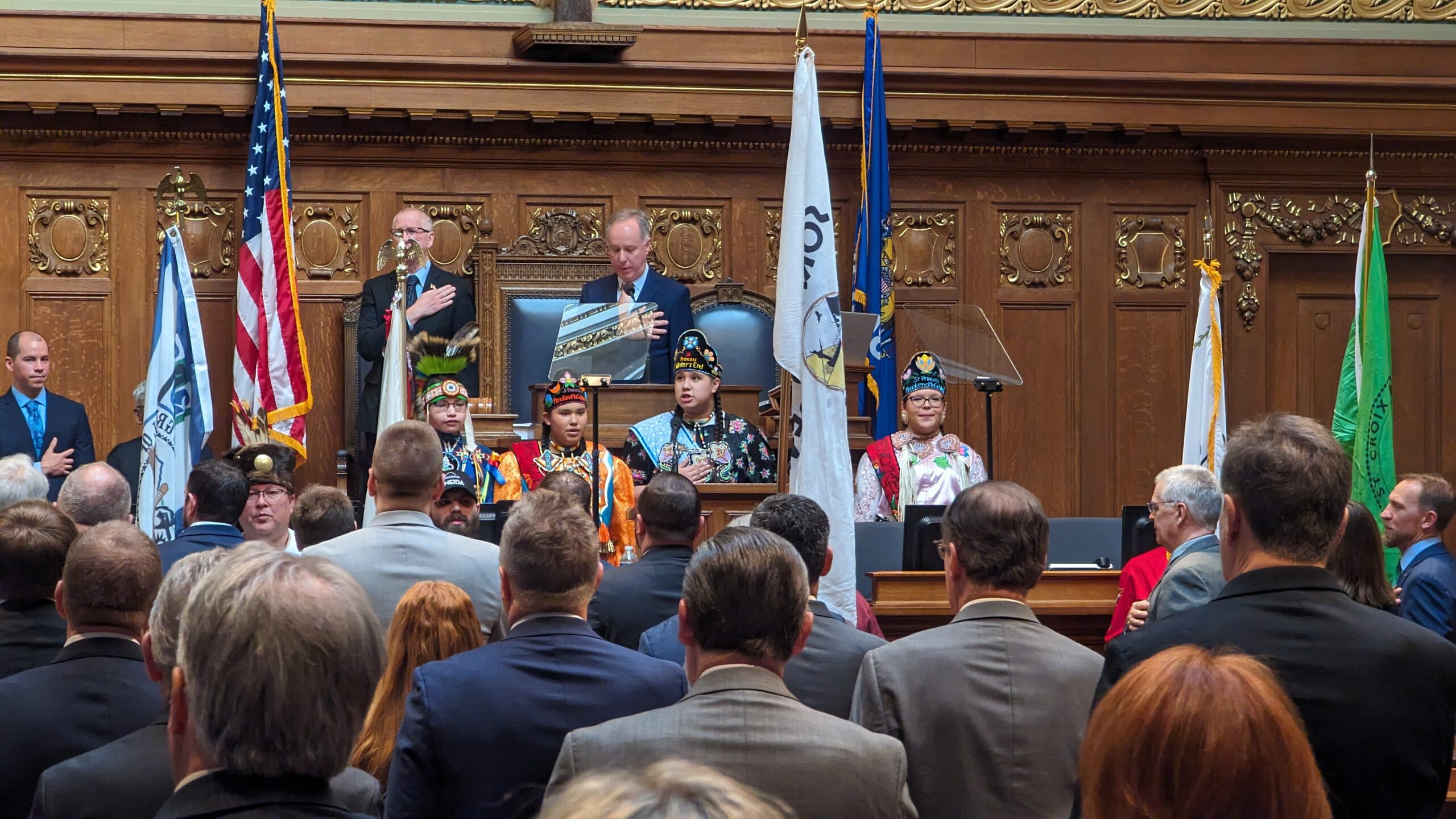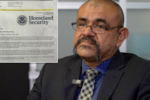A significant legal battle involving the Prairie Band Potawatomi Nation and the federal government has been paused as authorities work toward a resolution. The tribe, based in Kansas, filed a lawsuit in August demanding over $2.25 million in compensation. The case centers around unpaid contract support costs tied to health services provided by the tribe.
Why Was the Lawsuit Put on Hold?
Federal Magistrate Judge Gwynne E. Birzer approved a motion to pause the case, allowing the federal government to evaluate how to comply with a recent U.S. Supreme Court ruling. This decision clarified that the Indian Health Service (IHS), part of the Department of Health and Human Services, must cover specific support costs for tribal health programs.
Judge Birzer stated in her order that discussions on the valuation of claims are ongoing, making it challenging for the parties to proceed with scheduling the case. Both sides must submit a status update to the court by May 8.
Background on the Case
The Potawatomi Nation filed the lawsuit after the Supreme Court ruled in favor of other tribes in a similar case. The ruling found that the IHS is obligated to pay full contract support costs to tribal organizations operating under the Indian Self-Determination and Education Assistance Act.
According to Kate E. Brubacher, U.S. Attorney for Kansas, the IHS is now consulting with tribal representatives to establish a consistent methodology for calculating these costs. The federal government estimates it will take six months to finalize this process, including a national consultation with tribes and potential settlement discussions.
Why Does the Tribe Claim Underpayment?
The Prairie Band Potawatomi Nation operates health care programs for eligible Native Americans, funded partially through IHS contracts. These contracts are designed to cover operational expenses and contract support costs.
The tribe alleges that for 2016, the IHS failed to pay the full support costs. They claim the agency misinterpreted the Indian Self-Determination and Education Assistance Act, resulting in underpayments. The lawsuit states that requests for compensation filed in December 2022 and March 2023 were denied by IHS in August 2023.
What Does the Tribe Seek in Compensation?
The lawsuit demands $2,250,680 in damages, broken down as follows:
- $290,491: Underpayment of direct and indirect contract support costs.
- $815,331: Unpaid costs related to third-party revenues such as Medicare and Medicaid reimbursements.
- $1,144,858: Expectancy damages due to the breach of contract.
The tribe also seeks reimbursement for attorney’s fees and other legal expenses.
Federal Government’s Response
Brubacher emphasized that the IHS is working toward a resolution and hopes to engage in settlement discussions with the tribe once a methodology is in place. She noted that pausing the lawsuit ensures judicial resources are used efficiently while the federal government prepares its offer.
What Happens Next?
As the case remains on hold, the focus shifts to the ongoing consultations between the IHS and tribal representatives. The resolution of this case could set a precedent for similar disputes involving other tribes and their health service agreements with the federal government.
The Prairie Band Potawatomi Nation, with its reservation near Mayetta, Kansas, continues to advocate for fair compensation as it provides essential health care services to Native Americans and other beneficiaries.
Disclaimer – Our team has carefully fact-checked this article to make sure it’s accurate and free from any misinformation. We’re dedicated to keeping our content honest and reliable for our readers.








